Impacts of Social Media on Children Mental Health Development
In today's connected world, social media is a huge part of everyday life for kids and teens. It is not just a way to chat; it is also a space for them to express themselves. Every notification, like, and comment pulls them deeper into the online world. While this can help them connect with others, it can also take a toll on their mental health.
It is important for parents, teachers, and everyone in our community to understand the fine line between the good and bad sides of social media. This blog explores how social media influences young minds through real-life stories and research. We will look at the hidden effects it can have on their feelings, self-image, and overall emotional well-being.
Social Media: A Double-Edged Sword
Social media isn’t all bad. In fact, when used the right way, it can be a fantastic place for young people to connect, learn, and share their experiences. Platforms like Instagram, TikTok, and WhatsApp help teens stay in touch with friends, join global movements, and express themselves through photos, videos, and stories. For kids who feel lonely in their everyday lives, social media can create a much-needed sense of community.
Take 14-year-old Neha from Pune, for example. She struggled with shyness and had a tough time making friends at school. But through an online writing community, she found a group of people who shared her passion for storytelling. This new network boosted her confidence, allowing her to share her stories and feel less isolated. With encouragement from her peers, Neha’s self-esteem flourished as they praised her creativity and talents.
However, while Neha’s story highlights the positives, it’s important to remember that social media also has its darker side. As we celebrate these benefits, we must also recognize the emotional risks that kids can face online.
The Dark Side: How Social Media Affects Mental Health
1. The Pressure to Fit In:
In today’s social media landscape, kids and teens often feel a strong need to fit in. They’re bombarded with perfect pictures, edited videos, and seemingly flawless moments, creating unrealistic expectations around beauty, success, and happiness. When they scroll through the polished feeds of influencers or friends, it’s easy for them to feel like their own lives aren’t measuring up.
Take Dev, a 16-year-old from Delhi. He often finds himself comparing his life to his classmates and the influencers he follows. Seeing posts about luxurious vacations, perfect bodies, and social popularity leaves him feeling inadequate. “Why isn’t my life this perfect?” he wonders. This constant comparison chips away at Dev’s self-worth, making him anxious and less confident in his abilities.
Research shows that this type of social comparison contributes significantly to rising anxiety and depression among teens who use social media frequently. The endless scroll can trap young people in a cycle of seeking validation, where their self-esteem becomes tied to the number of likes or positive comments they receive online.
2. Body Image: The Reality Behind Filtered Photos
One of the biggest ways social media impacts young people is through body image. Platforms like Instagram are flooded with images of thin, muscular, or “perfect” bodies, often enhanced by filters and editing tools. This constant exposure can significantly affect how teens, especially girls, view their own bodies.
Take Priya, a 15-year-old from Hyderabad. She follows several influencers who post glamorous, heavily edited photos. As she scrolls through her feed, Priya starts to feel like her own body doesn’t measure up. This leads her to become increasingly self-conscious about her appearance. She begins to diet obsessively and avoids social situations where she might feel judged. Over time, Priya develops an unhealthy relationship with food and her body—all sparked by the seemingly innocent act of browsing Instagram.
Body image issues aren’t just limited to girls; boys feel the pressure too. The gym culture and the desire for a strong physique can weigh heavily on them as well. Ultimately, social media’s portrayal of “perfect” bodies can lead to feelings of inadequacy, anxiety, depression, and other mental health challenges for young people.
3. Cyberbullying: The Silent Epidemic
In the past, bullying mostly happened in schools, but now it’s moved online. Cyberbullying has become a serious issue fueled by social media, allowing bullies to target others without facing any real consequences. The internet makes it easy for them to hide behind screens and say things they would never dare to say in person.
Consider Aarav, a 13-year-old boy from Jaipur. He loved playing online games and was active in gaming communities. But one day, after losing a match, a group of older boys started targeting him. They called him hurtful names and spread rumors about him in the gaming world. To humiliate him further, they even posted altered images of Aarav on social media. These relentless attacks made him withdraw from friends and family, and he began skipping school, overwhelmed by the shame and anxiety caused by the bullying.
Online bullying can be incredibly painful. It doesn’t stop when you go home, leaving victims feeling trapped. This can lead to serious issues like sadness, worry, and, in some cases, thoughts of self-harm.
The Addictive Nature of Social Media
For many teenagers, social media becomes more than just a hobby; it turns into an addictive habit. Social media platforms are designed to keep users engaged, using features like notifications, likes, and comments to trigger dopamine in the brain—similar to the rush experienced in gambling. This creates a cycle where teens feel the need to constantly check their phones, often sacrificing their studies, sleep, and face-to-face interactions.
Take Ritika, a 17-year-old girl from Kolkata. She would spend hours on Instagram and Snapchat, endlessly scrolling through her friends' posts. Each notification brought a little rush of excitement, but that feeling faded quickly, leaving her craving more. Before she realized it, Ritika was spending over five hours a day on social media, neglecting her studies and becoming irritable when she was away from her phone.
Her struggle to disconnect started to take a toll on her mental health, leading to anxiety and stress over her online presence. Social media addiction can have long-lasting effects on attention spans, productivity, and overall well-being. The constant urge to stay connected can disrupt sleep patterns, make it hard to concentrate, and increase feelings of loneliness and anxiety.
How Can Parents Help?
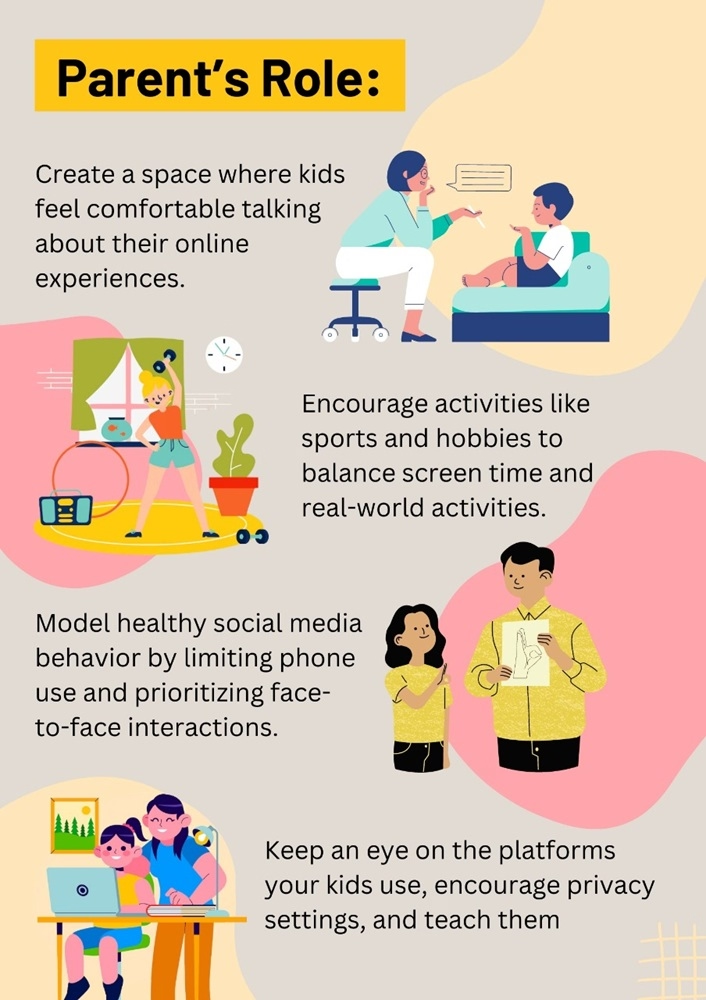
Social media is constantly evolving, and while we can’t completely keep kids off it, we can make it safer and teach them how to use it wisely. Here are some ways parents can help their children navigate the digital landscape:
-
Foster Open Communication:
One of the best things parents can do is create an environment where their kids feel comfortable talking about their online experiences. Instead of enforcing strict rules, ask open-ended questions like, “How do you feel after spending time on social media?” or “Have you seen anything online that made you uncomfortable?” Keeping the conversation going helps parents spot any early signs of stress or anxiety related to social media. -
Encourage Offline Activities:
It’s essential to find a balance between online and offline life. Encourage your kids to engage in extracurricular activities—like sports, arts, or hobbies—that help them develop skills and build real-world friendships. Limiting screen time and ensuring they spend quality time away from their devices can reduce the negative impacts of social media. -
Model Healthy Behavior:
Kids often mimic their parents’ actions, so it’s crucial for adults to set a positive example when it comes to social media use. Try to avoid excessive phone time, especially during family moments, and show the importance of face-to-face interactions. -
Monitor Social Media Use:
While it’s important not to be overly intrusive, parents should keep an eye on the platforms their kids are using and the content they’re engaging with. Encourage them to use privacy settings that limit exposure to strangers and teach them how to report inappropriate behavior or content.
Finding a Balance: The Way Forward
The discussion around social media and mental health is complex, and there’s no one-size-fits-all answer. However, by staying informed, fostering open communication, and encouraging a healthy balance between online and offline activities, parents can help guide their children through the digital world.
Social media isn’t inherently harmful; it’s all about how it’s used. Like any tool, it can have positive or negative effects. By helping kids and teens navigate its challenges and opportunities, we can ensure that it enhances their mental health rather than harms it.
As parents, educators, and caregivers, our best approach is to remain vigilant, supportive, and open to the realities of growing up in a world filled with digital connections. Together, we can help young people thrive both online and offline.
TAGS: Impact of social media, effects of social media on students, influence of social media on students, risk of mental health problems, How can parents help children with mental health?
Disclaimer:
All characters and events depicted in this blog are entirely fictional. Any resemblance to actual persons, living or dead, is purely coincidental. The content is intended for informational purposes only and should not be considered as medical advice. Always consult a qualified healthcare professional for medical concerns.
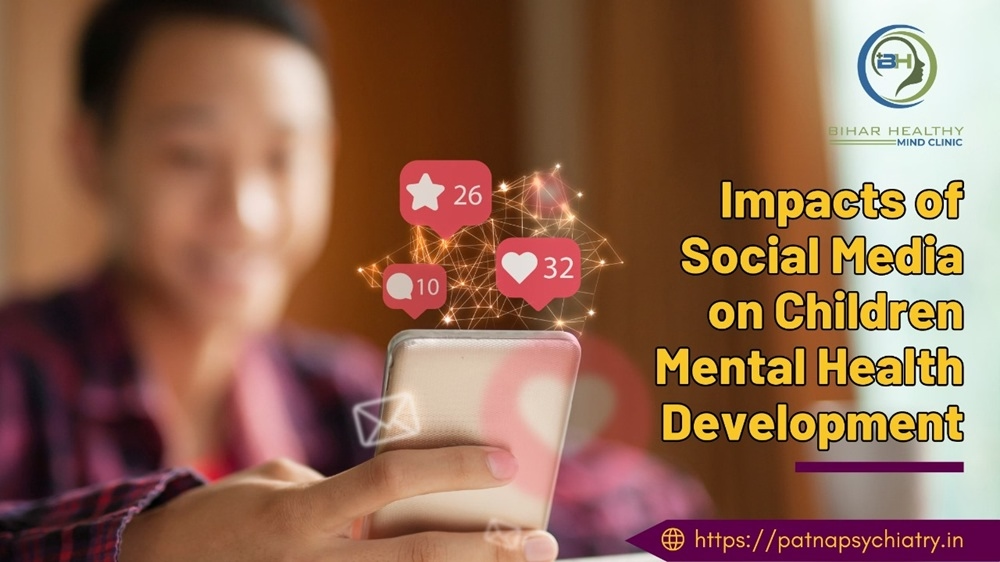

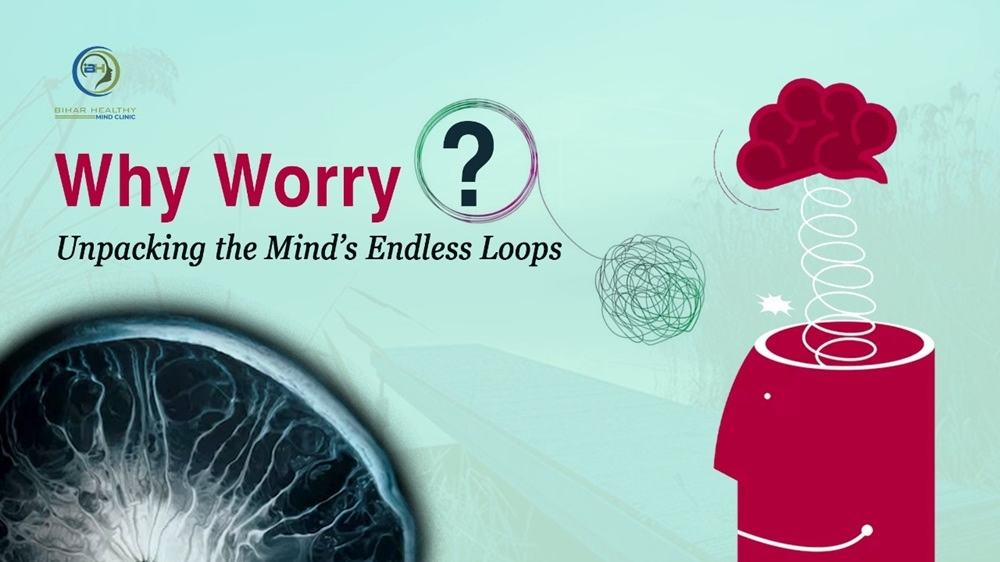
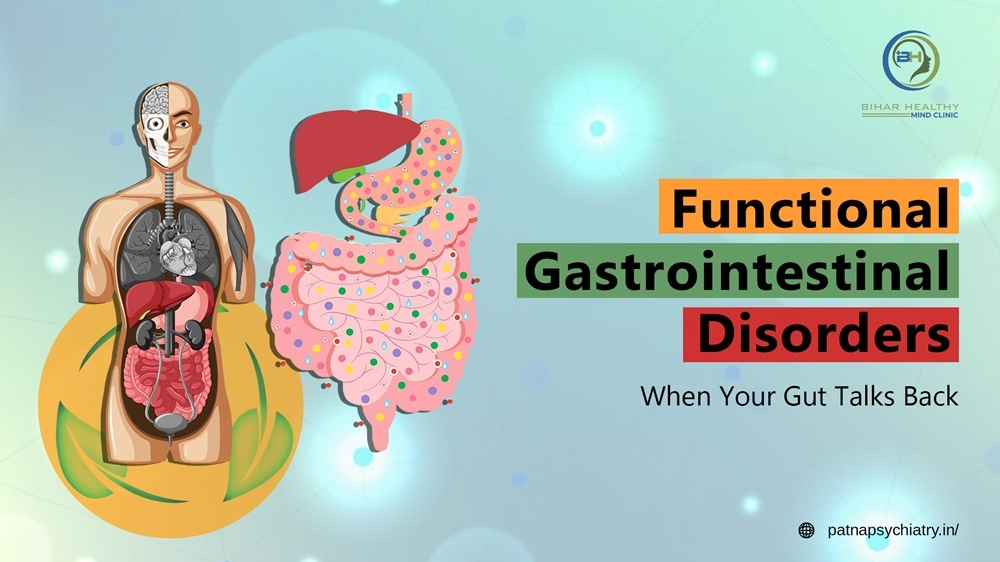
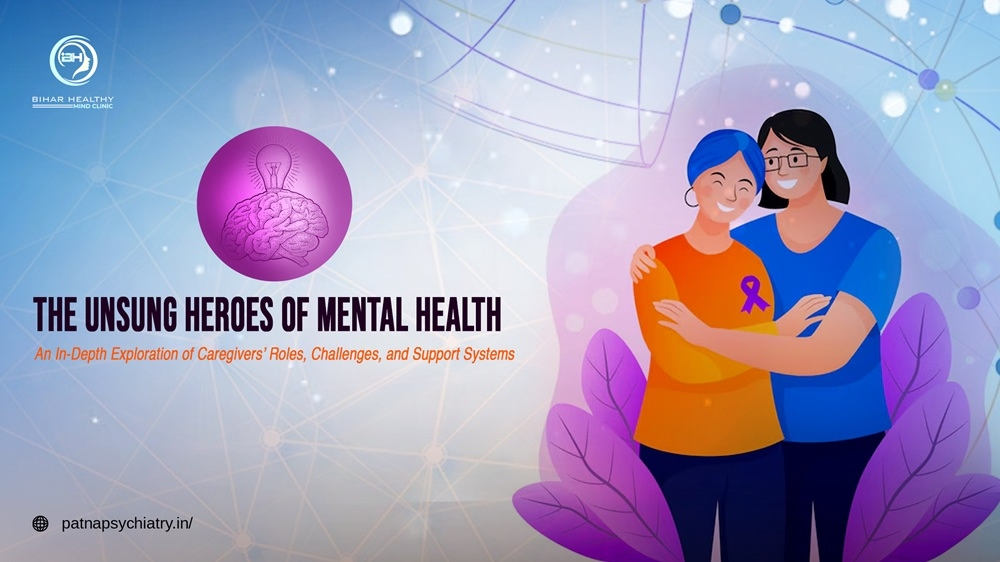
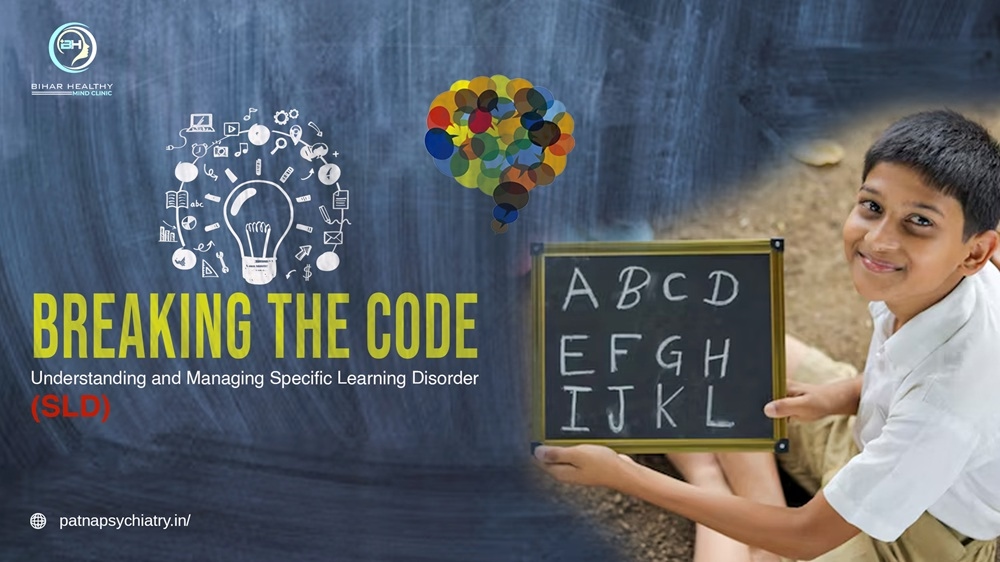
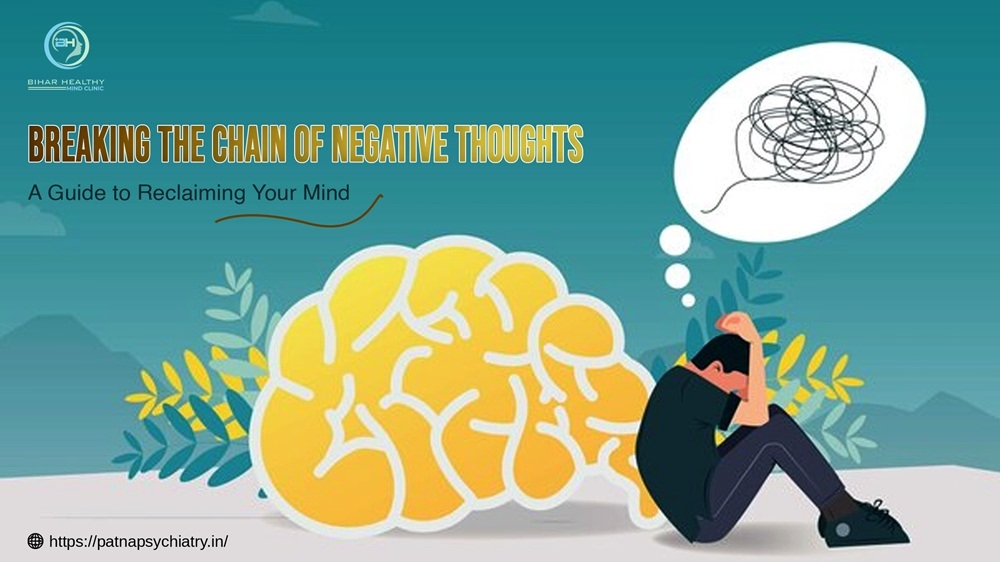
If some one wwishes expert view about running a
blog thhen i advise him/her to pay a visit this web site, Keep up the good
job. https://lvivforum.pp.ua